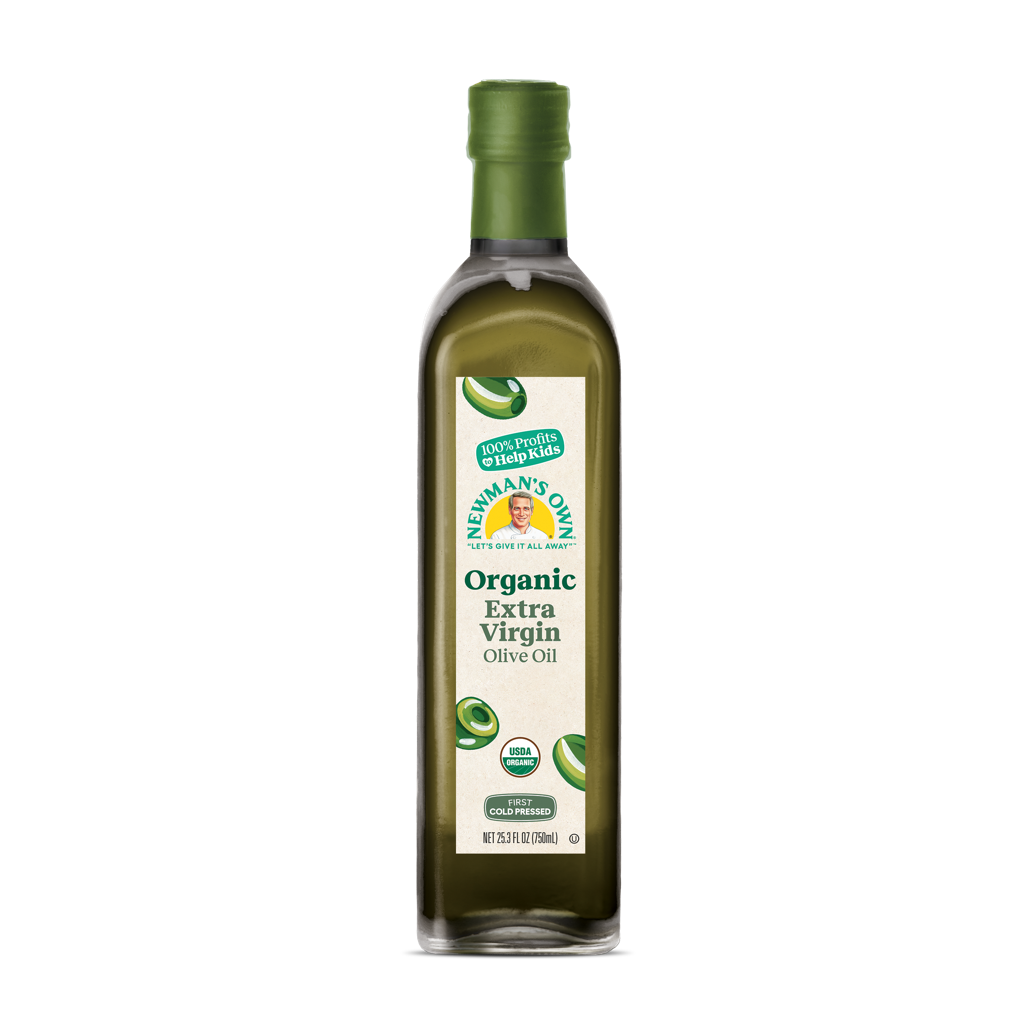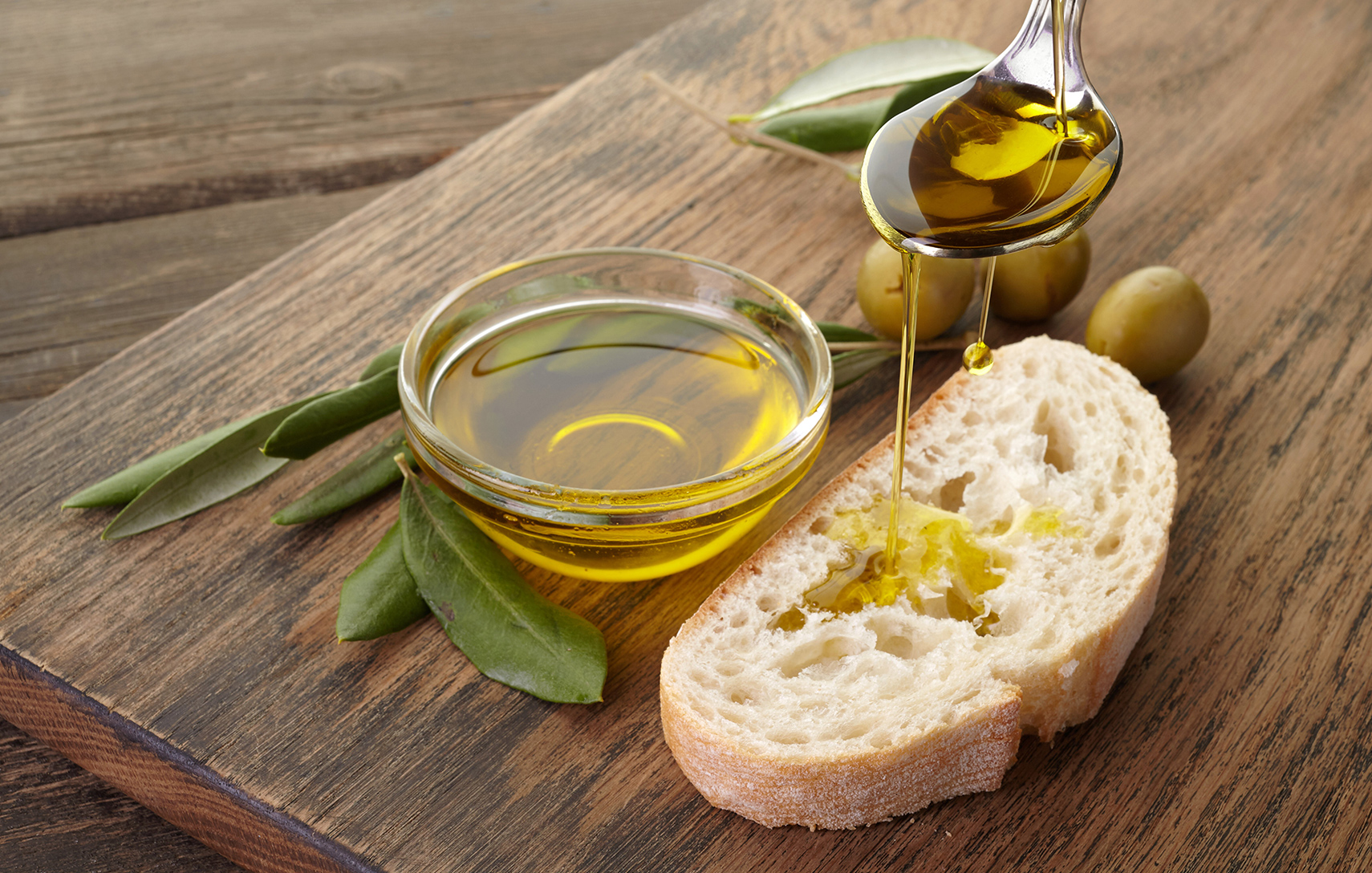Checking Out the Different Kinds of Olive Oil and Their Usages, Including Extra Virgin Olive Oil
The exploration of olive oil includes a varied range of types, each offering unique tastes and culinary applications. Additional virgin olive oil, renowned for its premium quality and health and wellness advantages, serves as a staple in numerous kitchen areas, yet it is just one facet of this diverse active ingredient.
What Is Olive Oil?
Stemmed from the fruit of the olive tree, olive oil is a staple in Mediterranean cuisine and a crucial active ingredient in various culinary applications. This flexible oil is generated by pushing whole olives, resulting in a liquid that differs in scent, shade, and taste relying on the kind of olives used, the region of cultivation, and the extraction process. Olive oil is mainly made up of monounsaturated fats, specifically oleic acid, which is recognized for its possible wellness advantages, consisting of anti-inflammatory residential or commercial properties and cardiovascular support.
In addition to its culinary uses, olive oil has a long history of application in traditional medicine and skincare, owing to its rich antioxidant content (extra virgin olive oil benefits). The oil is frequently used in dressings, marinades, and for cooking approaches such as sautéing and roasting. Its distinctive flavor profile can enhance the taste of various dishes, making it a vital active ingredient for both home chefs and expert chefs
Additionally, olive oil is celebrated for its function in the Mediterranean diet, which is related to numerous wellness advantages. As understanding of these advantages grows, olive oil proceeds to get appeal worldwide as an essential component of a healthy and balanced way of living.
Sorts Of Olive Oil
Comprehending the various kinds of olive oil is vital for both health-conscious customers and culinary fanatics. Olive oil is categorized primarily based on its removal technique and top quality, which dramatically affects its health and wellness, fragrance, and flavor advantages.

Light olive oil, regardless of its name, describes a lighter flavor and not reduced calories. It is ideal for those looking for a much more subtle taste in sauces and dressings. Furthermore, there are flavored olive oils instilled with natural herbs, flavors, or citrus, which can enhance recipes without the requirement for additional seasoning.
Each kind of olive oil serves specific cooking functions, and understanding these distinctions enables consumers to make enlightened options that align with their food preparation styles and wellness goals.
Extra Virgin Olive Oil
Additional virgin olive oil (EVOO) is commonly considered the highest top quality olive oil offered, celebrated for its abundant flavor and many health and wellness advantages. To be categorized as added virgin, the oil needs to be produced from fresh olives utilizing mechanical processes, without using solvents or excessive warm. This meticulous technique preserves the oil's natural tastes, antioxidants, and healthy and balanced fats, resulting in an item with a reduced acidity degree of less than 0.8%.
EVOO is plentiful in monounsaturated fats, specifically oleic acid, which is linked to minimized inflammation and enhanced heart wellness. It also consists of polyphenols, powerful antioxidants that might supply protective impacts versus persistent conditions. The flavor profile of EVOO can differ significantly depending upon the olive range and area of production, ranging from verdant and fruity to durable and peppery.

Culinary Uses of Olive Oil

In cooking, olive oil can be utilized for sautéing, roasting, and grilling, providing a healthier alternative to butter or various other fats. Its high smoke factor makes it ideal for different cooking techniques, while its antioxidants contribute to a heart-healthy diet. Drizzling olive oil over ended up site recipes, such as pasta, fish, or smoked veggies, can raise flavors and include a touch of style.
In addition, olive oil plays a substantial function in baking, where it can change typical fats in dishes for bread and breads, giving wetness and a refined preference. It likewise functions as a base for instilled oils, enabling chefs to experiment with tastes such as garlic, natural herbs, or chili, even more expanding its cooking capacity. Overall, olive oil's versatility makes it crucial in both home and specialist kitchen areas.
Choosing Top Quality Olive Oil
When choosing top quality olive oil, it's important to think about several crucial elements that affect the product's taste, scent, and health advantages. Decide for additional virgin olive oil (EVOO), which is acquired from the first chilly pushing of olives and contains the greatest degrees have a peek at this website of anti-oxidants and useful substances. Look for oils that are accredited by identified organizations, as this typically makes certain adherence to stringent high quality criteria.
The product packaging also plays a considerable function in maintaining the oil's integrity. Choose oils kept in dark glass containers or tins to shield versus light degradation. Pay interest to the harvest date; fresher oils use premium flavor and nutritional value, so choose products that are within 18 months of their harvest.
Be conscious of the taste; a good quality olive oil should have an equilibrium of fruity, bitter, and sharp notes, suggesting its richness and complexity. By reviewing these variables, you can guarantee you are selecting the best olive oil for your cooking demands.
Final Thought
In recap, the exploration of numerous types of olive oil discloses unique characteristics and applications, with additional virgin olive oil standing for the pinnacle of top quality due to its low level of acidity and high antioxidant content. Recognizing the different selections of olive oil allows for notified choices in cooking approaches, promoting much healthier techniques while enhancing the total gastronomic experience.
Derived from the fruit of the olive tree, olive oil is a staple in Mediterranean food and a key active ingredient in various cooking applications.The most usual types of olive oil consist of fine-tuned olive oil, pure olive oil, and light olive oil.Additional virgin olive oil (EVOO) is extensively regarded as the greatest top quality olive oil available, renowned for its abundant taste and various health and wellness advantages. Opt for additional virgin olive oil (EVOO), which is obtained from the initial cold pressing of olives and consists of the highest possible degrees of antioxidants and useful substances.In recap, the expedition of various types of olive oil exposes unique features and applications, with added virgin olive oil representing the pinnacle of quality due to its low acidity and high antioxidant material.
Comments on “Surprising Extra Virgin Olive Oil Benefits You Need to Know”